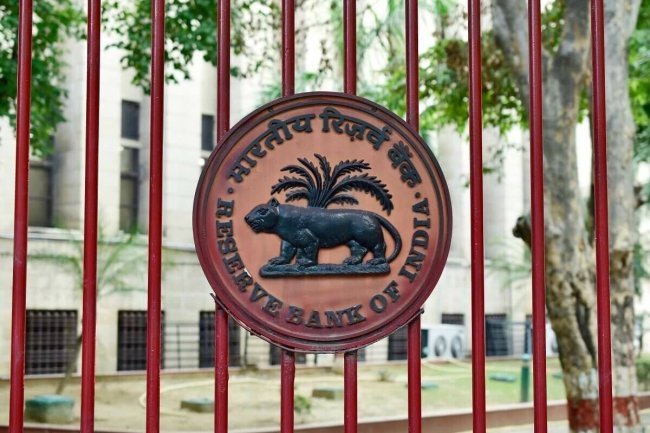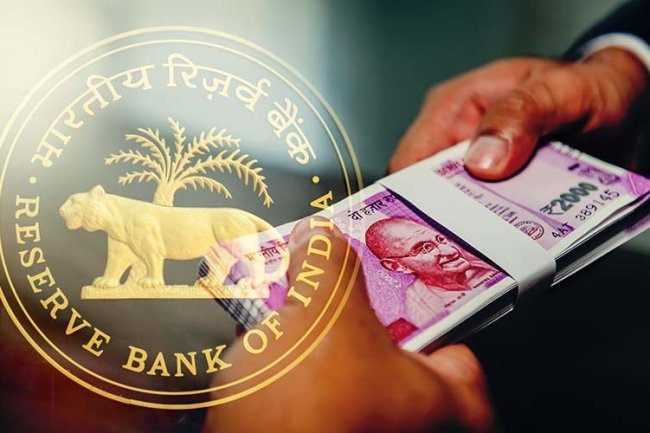Background Check Discrepancies Rise to 10.4 Percent in BFSI Sector Amid Digital Transformation
The BFSI sector faces a rising challenge in verifying candidate credentials with background check discrepancies reaching 10.4 percent in FY 2024. AuthBridge's report highlights a significant increase in inaccuracies across employment, education, and identity verification. To combat credential fraud, financial institutions must adopt advanced AI-driven verification solutions, ensuring trust and integrity in hiring processes.

Background Check Discrepancies Rise to 10.4 Percent in BFSI Sector Amid Digital Transformation
The Banking Financial Services and Insurance (BFSI) sector is experiencing a surge in background check discrepancies, with a reported 10.4 percent of checks revealing inaccuracies during the fiscal year 2023-24. This marks an alarming 18.1 percent increase from the previous year, according to a recent report by AuthBridge, a leading provider of background verification and authentication solutions. The rise in discrepancies is particularly concerning in an industry that is rapidly evolving through digital transformation, characterized by innovations such as the Unified Payments Interface (UPI) and Buy Now Pay Later (BNPL) schemes, which have increased both the demand for financial services and the need for qualified talent.
The report indicates that employment verification discrepancies are the most significant, accounting for 14.6 percent of all inconsistencies. This trend poses a considerable risk to organizations, as inaccurate employment histories can disrupt effective workforce management and hinder overall operational efficiency. Following employment checks, education verification discrepancies stand at 9.1 percent, highlighting the critical need to validate academic qualifications during the hiring process. Additionally, 6.4 percent of address verifications showed inaccuracies, further underscoring the necessity for robust verification protocols to mitigate the risks associated with identity misrepresentation.
The report also points to rising discrepancies in criminal record checks (CRC) and identity verification, which have become increasingly prevalent. The increase in CRC discrepancies can be linked to the overall rise in crime rates in India, which have surged from 422.2 crimes per million in 2022 to 445.9 per million in 2024, according to the latest figures from the National Crime Records Bureau (NCRB). Notably, AuthBridge’s Annual Trends Report 2024 reveals that a staggering 73.4 percent of the overall discrepancies reported stem from identity verification checks.
Ajay Trehan, CEO and Founder of AuthBridge, commented on the situation, stating that "the rapid expansion of the BFSI sector is a double-edged sword. While it brings growth opportunities, it also introduces vulnerabilities." He emphasized that employment-related discrepancies have become a significant concern in the financial services space. Trehan urged financial institutions to prioritize the adoption of advanced technologies for comprehensive verification processes, advocating that safeguarding against credential fraud is essential for building a foundation of trust and integrity vital for long-term success.
To address the evolving challenges in background verification, financial institutions must leverage AI-driven solutions that ensure accurate checks across employment, education, address, and identity credentials. As the BFSI sector continues to grow, fostering trust through transparent hiring and onboarding processes will emerge as a key differentiator in a competitive landscape.
Click Here to Visit
What's Your Reaction?
















